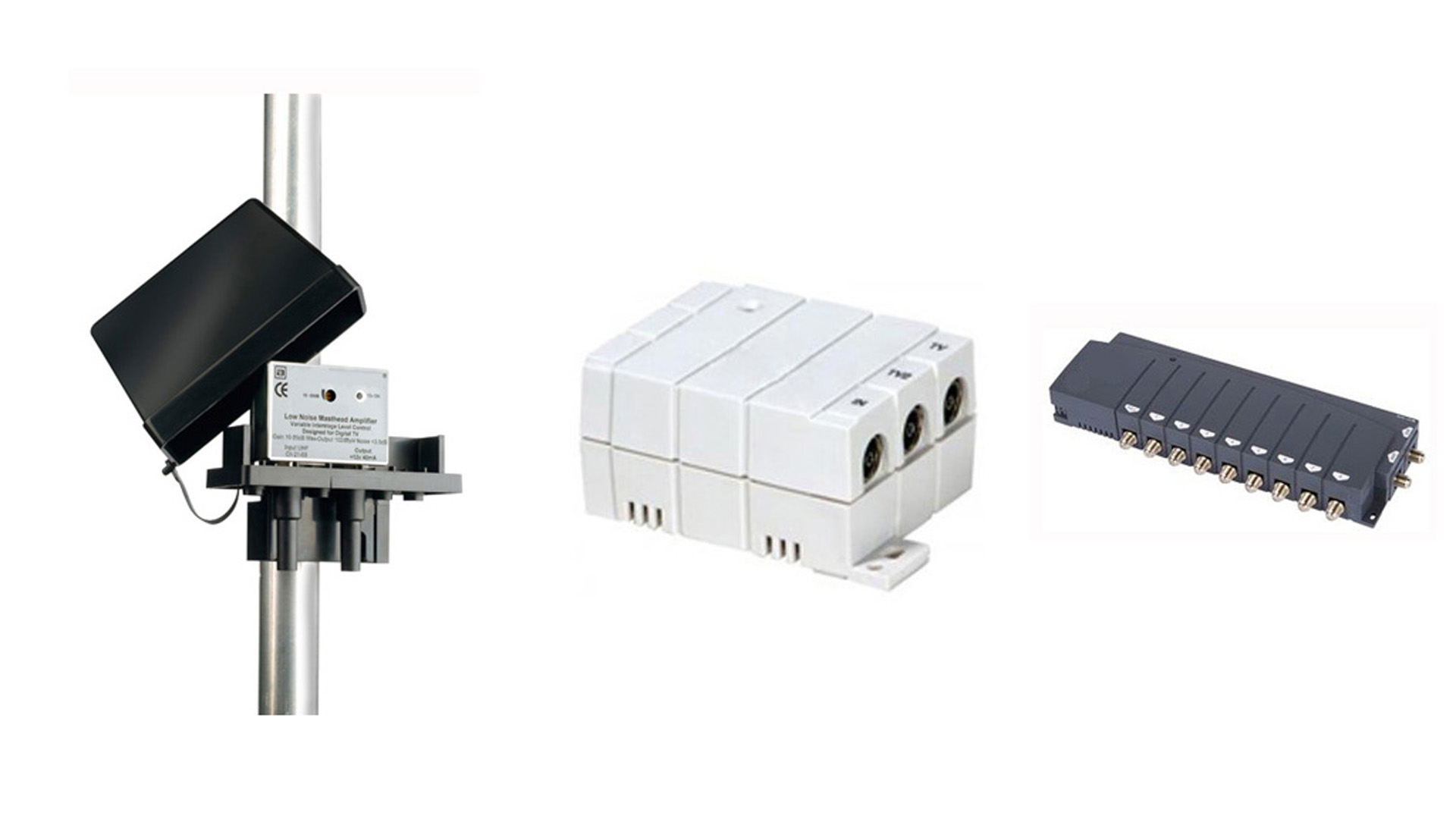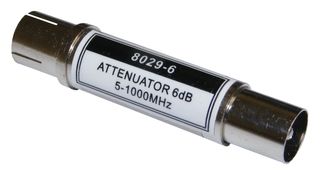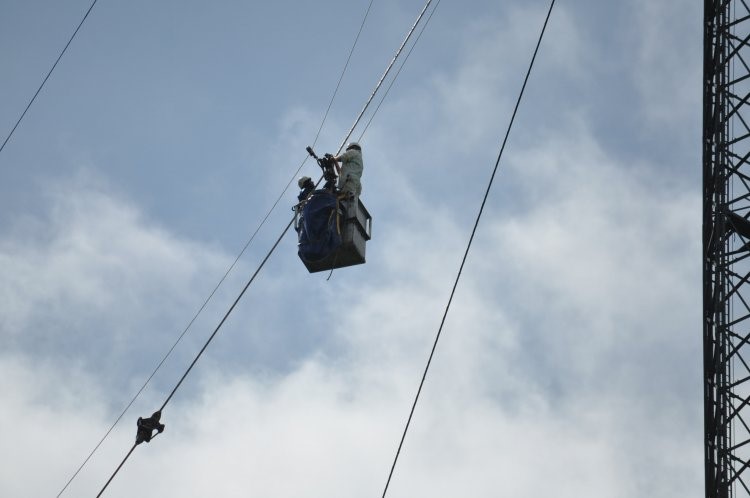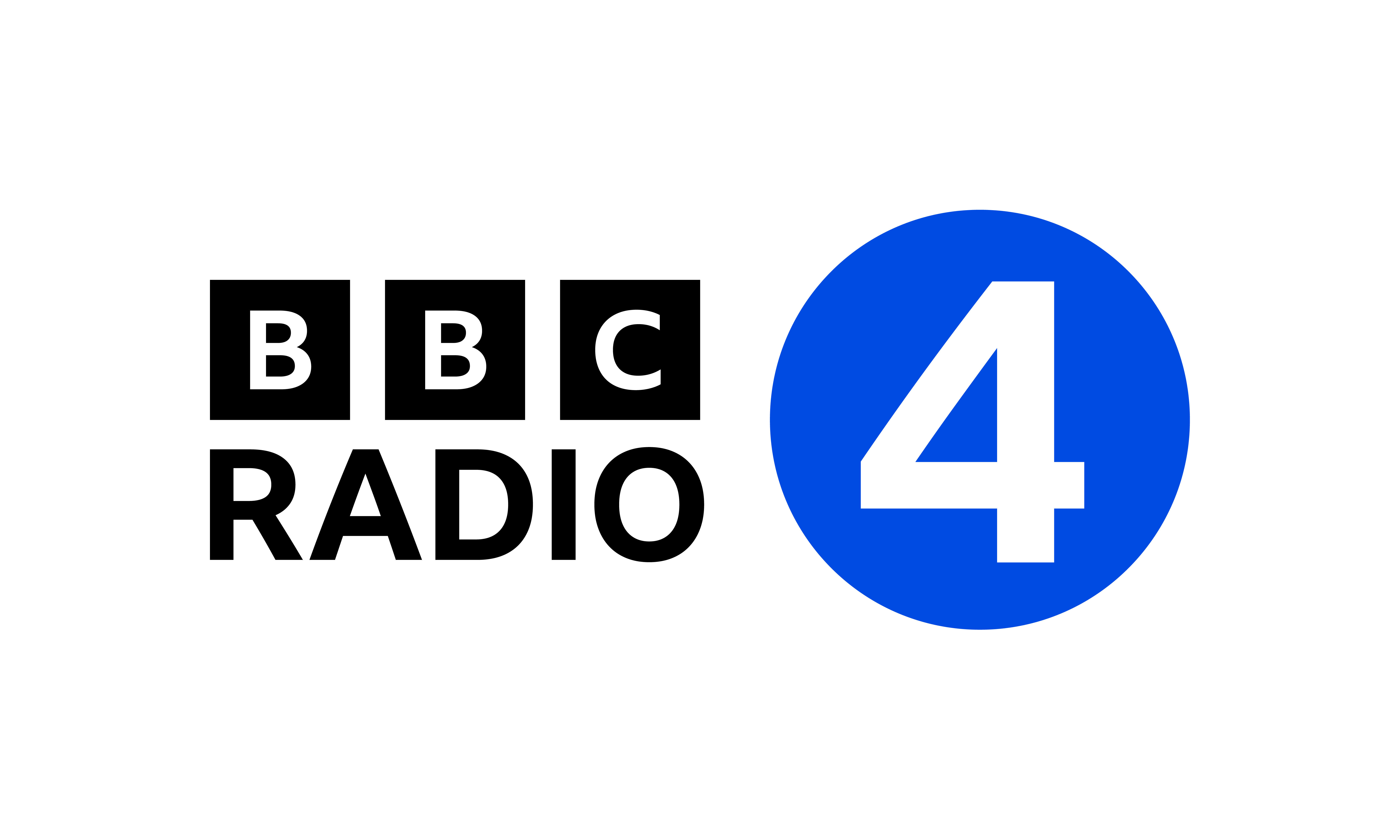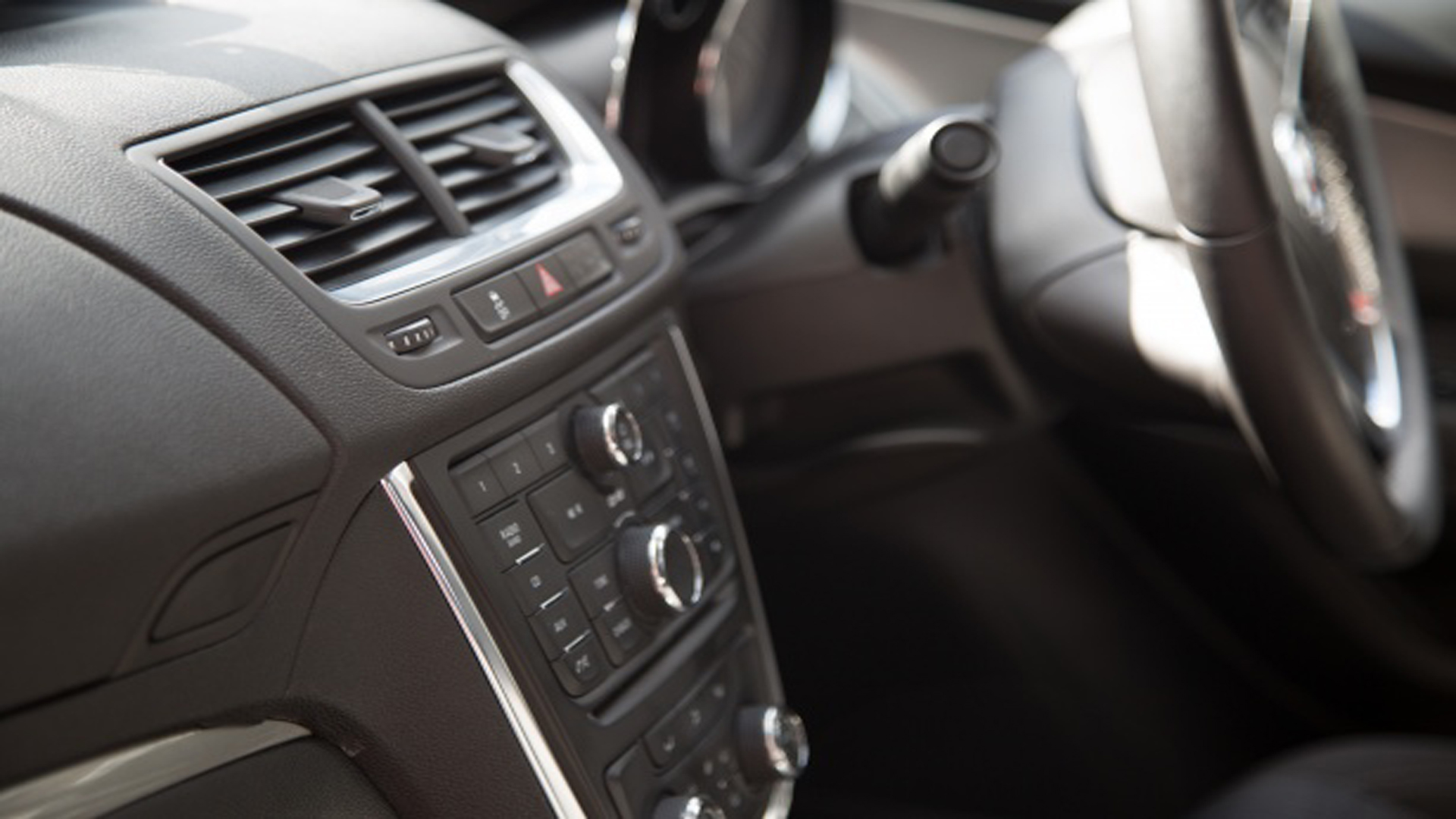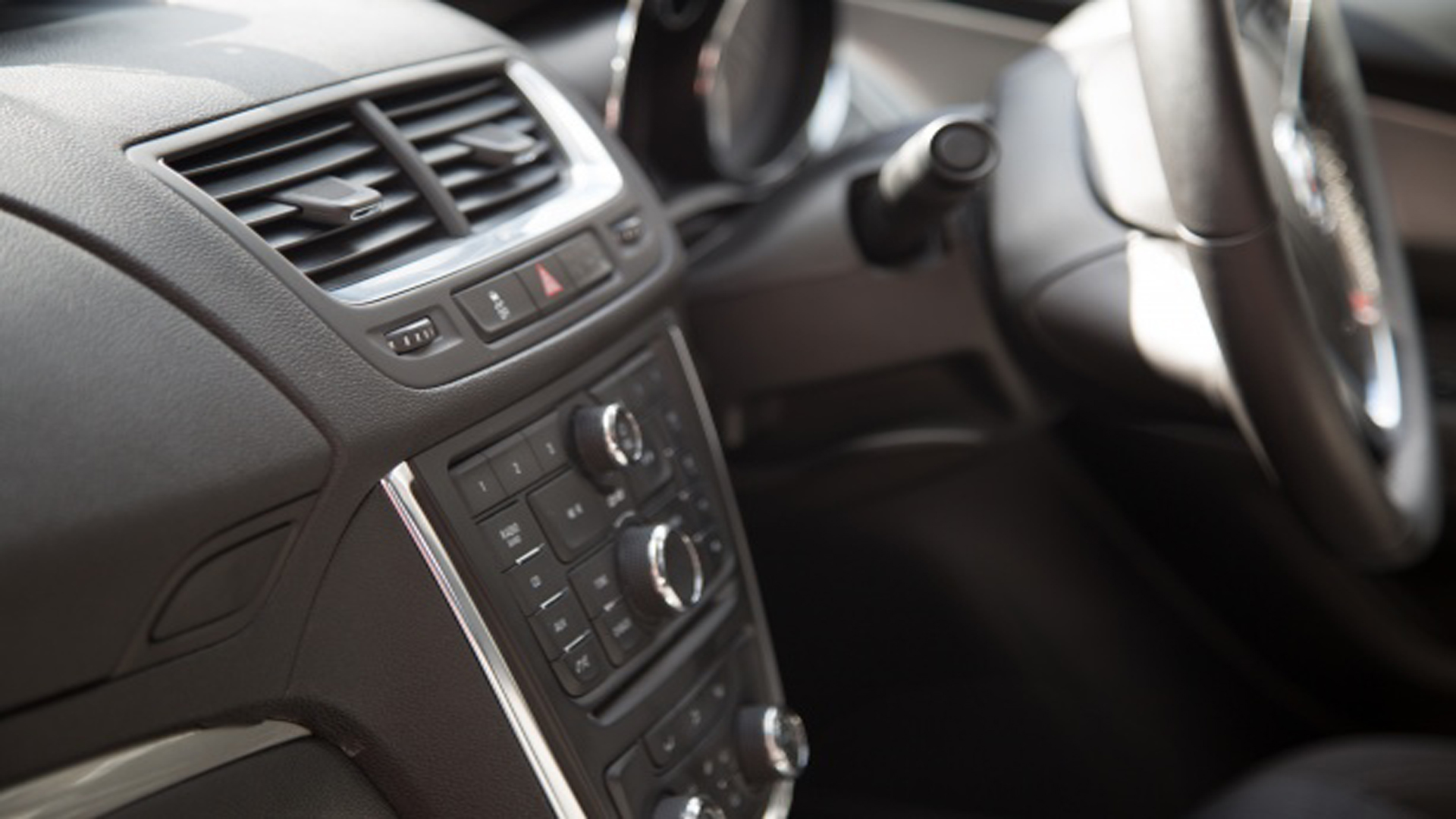Analogue radio services, for example Radio 1 or Radio 4, are broadcast from a transmitter using separate radio frequencies. Digital radio (DAB) allows us to be more efficient and to group a number of radio services together into what is known as a multiplex (also sometimes called an ensemble).
Each multiplex can then be broadcast using an individual frequency from a transmitter. Your DAB radio can then identify each individual radio service from the multiplex and allow you to listen to it.
Network radio services
The BBC runs a single UK-wide multiplex that carries all the BBC’s network services on DAB e.g. Radio 1, Radio 4 etc. It also carries a number of radio services that are not available on analogue radio, for example 6 Music.
Nations and Local Radio Services
Nations services such as BBC Scotland and English Regions radio services are not carried on the BBC DAB multiplex. Instead, the BBC leases capacity on individually licensed commercial multiplexes. This means we have no control over the coverage of these multiplexes. This can lead to Local and Nations FM services having different coverage from that of their DAB variants.
We keep an updated list of BBC radio services and the multiplexes on which they are carried.
Why do we use multiplexes?
Using a multiplex enables us to broadcast a number of radio services using a single frequency. In fact, for the BBC DAB multiplex we use the same frequency at every transmitter site – Block 12B. Therefore, if you are able to receive more than one transmitter at your location, the signals from each will add together and improve your reception.
This allows broadcasters to use the spectrum allocated to DAB to the maximum, giving you more radio stations to choose from.
In addition, digital transmission requires less power than analogue, so it is more cost-effective and environmentally friendly.
How many multiplexes can I get where I live?The BBC’s UK-wide DAB multiplex covers 97% of the population. As this network is managed by the BBC we can dictate, within the bounds of our licences, which areas we cover. For Nations and Local radio services the coverage is dictated by the individual licences.
Use the BBC’s transmitter checker tool to determine which transmitters you can receive and the multiplexes available on those transmitters.
Reception Problems
If you have reception problems with one radio service in a multiplex, you will also have problems with all the others in that multiplex. See the BBC’s DAB radio reception guide for further information.
Part-time services and Pop Up services
On DAB we sometimes have part-time services which are only available at certain times of the day. An example is Radio 4 LW. See our guidance on how to access part-time services.
Pop-up/temporary Services
We add temporary radio services for special occasions. These are radio services that may only broadcast for a short period of time. An example is “Radio 2 Eurovision”. This may mean we need to modify the bit rate used for some services or possibly suspend the DAB EPG service during these times.
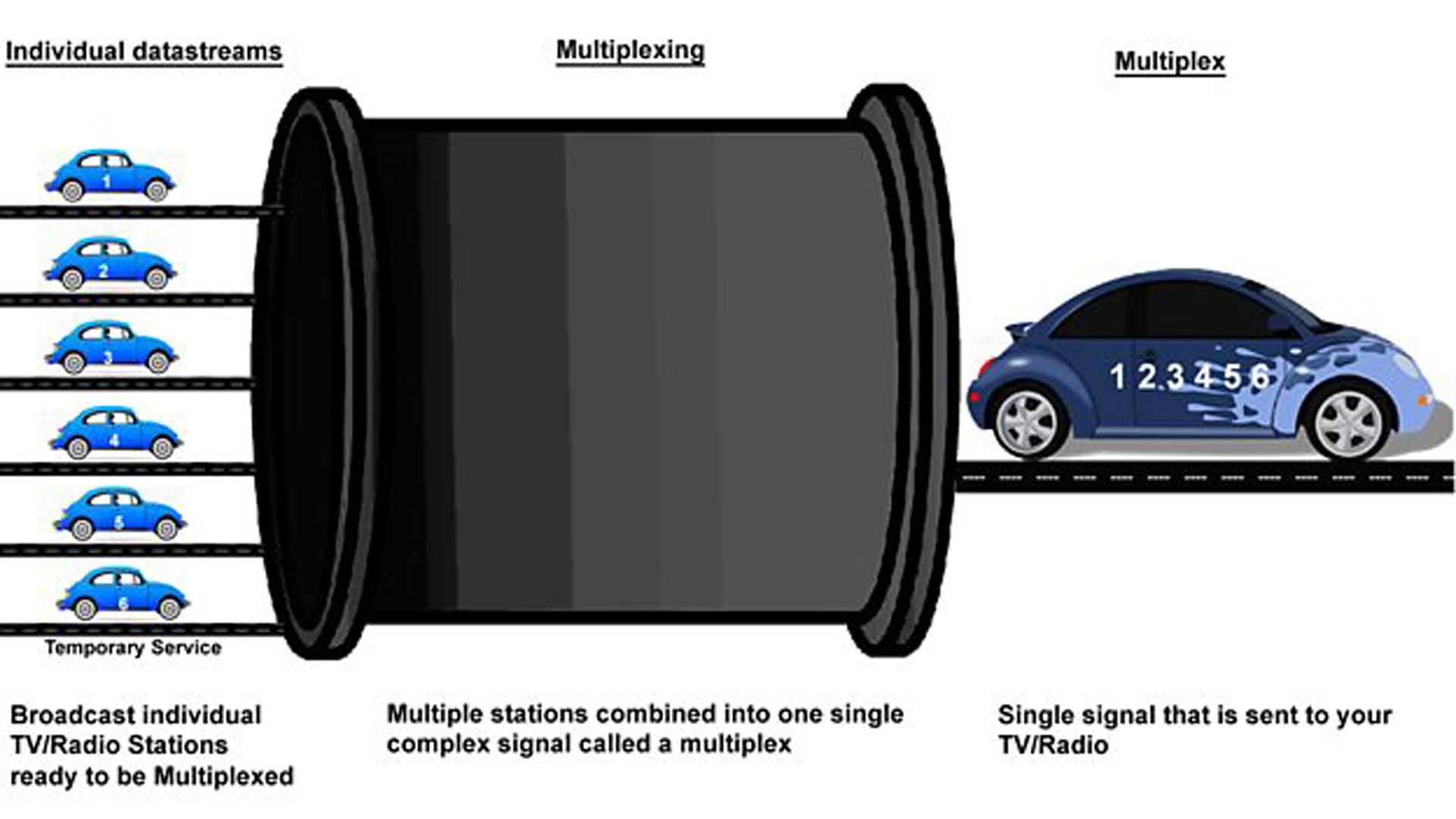


.jpg)

